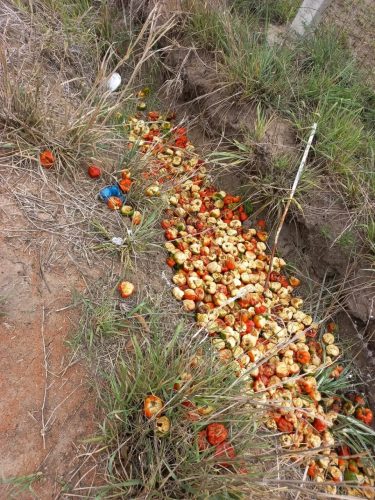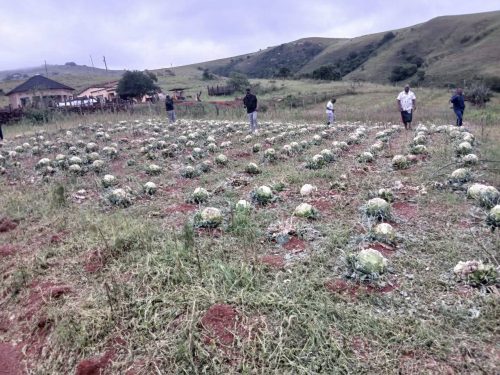By: Sibusisiwe Ndzimandze
MANZINI – This week the Ministry of Agriculture’s Poultry Production Section hosted a training workshop at the Manzini Library, which was attended by over 60 smallholder farmers. The agenda covered brooding management, feed rationing, disease prevention, and market strategies. This initiative is part of the Ministry’s wider push to strengthen the country’s poultry sector — a sector that saw broiler production decline from over 5 million live birds sold in 2020 to just 1.2 million in 2022.
Despite rising demand, domestic poultry output is estimated at ~6,450 metric tonnes in 2023, projected to grow only modestly to 6,680 tonnes by 2028. In this light, the government’s focus on educational interventions reflects its strategy to build a self-sufficient, poverty-alleviating, and food-secure poultry industry.
🗣️ Speaker Insights: From Placement to Market-Ready Birds
“Your production success starts the moment chicks are placed in the broiler house,” said Ms. Dumsile Dlamini, Technical Adviser at Elangeni Chicks, during her session on brooding management.
She emphasized the “golden hour” after placement — where access to clean water, feed, and warmth determines the bird’s health trajectory. Farmers were urged to monitor:
– Crop fill (target: 95% full crops within 24 hours)
– Vent temperature (ideal range: 39.4°C–40.5°C)
– Chick behavior (alert, evenly spread, content chirping)
“The first seven days can either make or break your entire 6-week cycle,” Dlamini explained. “If you miss those early indicators, recovery is difficult.”
🧬 From Biosecurity to Bottom Line
Dr. Pride Shongwe, from the Ministry’s Veterinary Services unit, covered poultry health protocols and emphasized prevention over treatment.
“You can feed your birds the best diets, but if your health management is weak, your results will always disappoint,” she warned.
Dr. Shongwe highlighted how diseases like Coccidiosis and Newcastle Disease are avoidable with:
– Early vaccinations (starting Day 1)
– Clean water lines (to prevent fungal build-up)
– Restricting visitor access and disinfecting equipment
She described biosecurity as an “invisible investment” that pays off by reducing mortality, maintaining uniform growth, and ensuring meat quality.
👨🏽🎓 A Student’s Perspective
Among the attendees was Phinda Sangweni, a third-year Agriculture student at UNESWA’s Luyengo Campus. For him, the workshop offered a bridge between theory and practice.
“We learn the principles at school, but this workshop showed me how to apply them, especially on the business side. I now understand what it takes to run a small broiler operation — and where I could go wrong,” said Sangweni.
🧭 Aligning with the National Vision
The Ministry has positioned poultry as a priority sub-sector in its extension service programme. With a large portion of Eswatini’s poultry meat still imported from South Africa, improving local production is a clear development goal.
Workshops like this support the Ministry’s stated aims to:
– Close the knowledge gap between commercial producers and smallholders
– Build resilience against diseases and price shocks
– Expand domestic supply to reduce import dependence
– Empower youth and women to participate meaningfully in livestock agribusiness
“These trainings are not just about chickens. They’re about food security, household income, and building a stronger economy,” a Ministry official noted during closing remarks.
📈 Final Takeaway: Training for Transformation
This broiler production workshop is more than a technical session — it’s part of a national strategy to transform Eswatini’s agricultural landscape. With rising food prices and job creation top of mind, the Ministry’s investment in knowledge-sharing could unlock real opportunities for youth, women, and smallholder farmers across the country.



